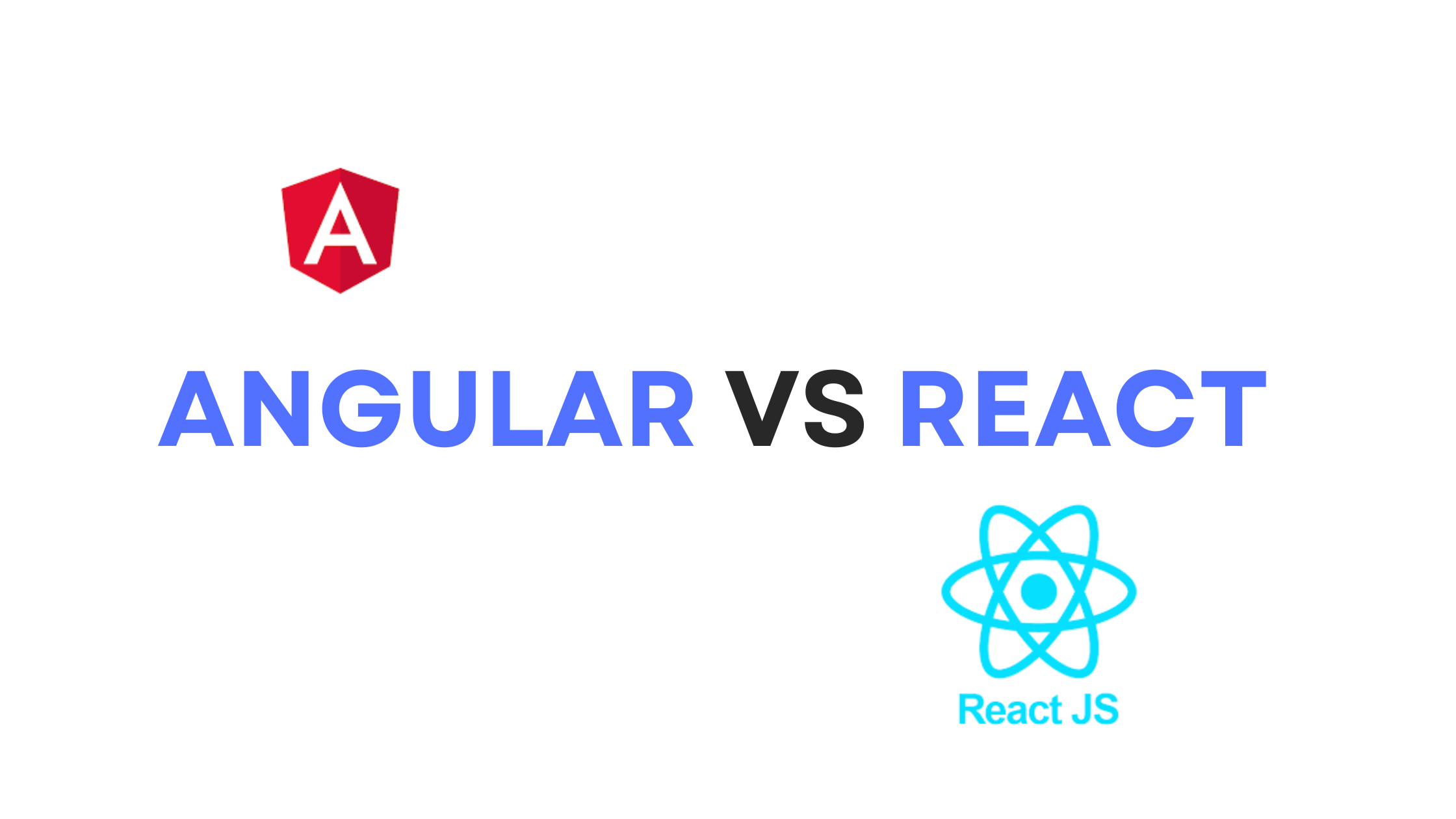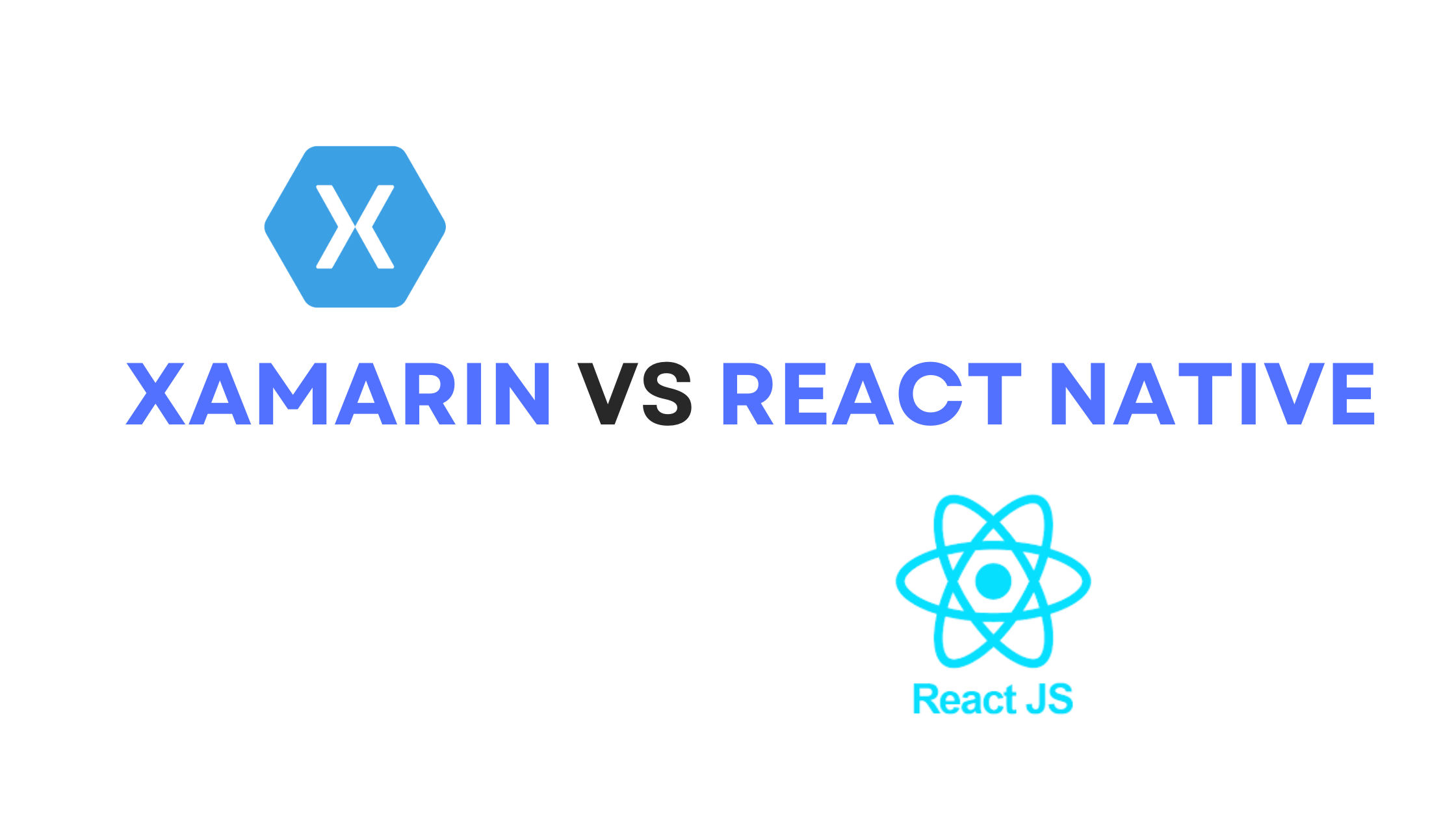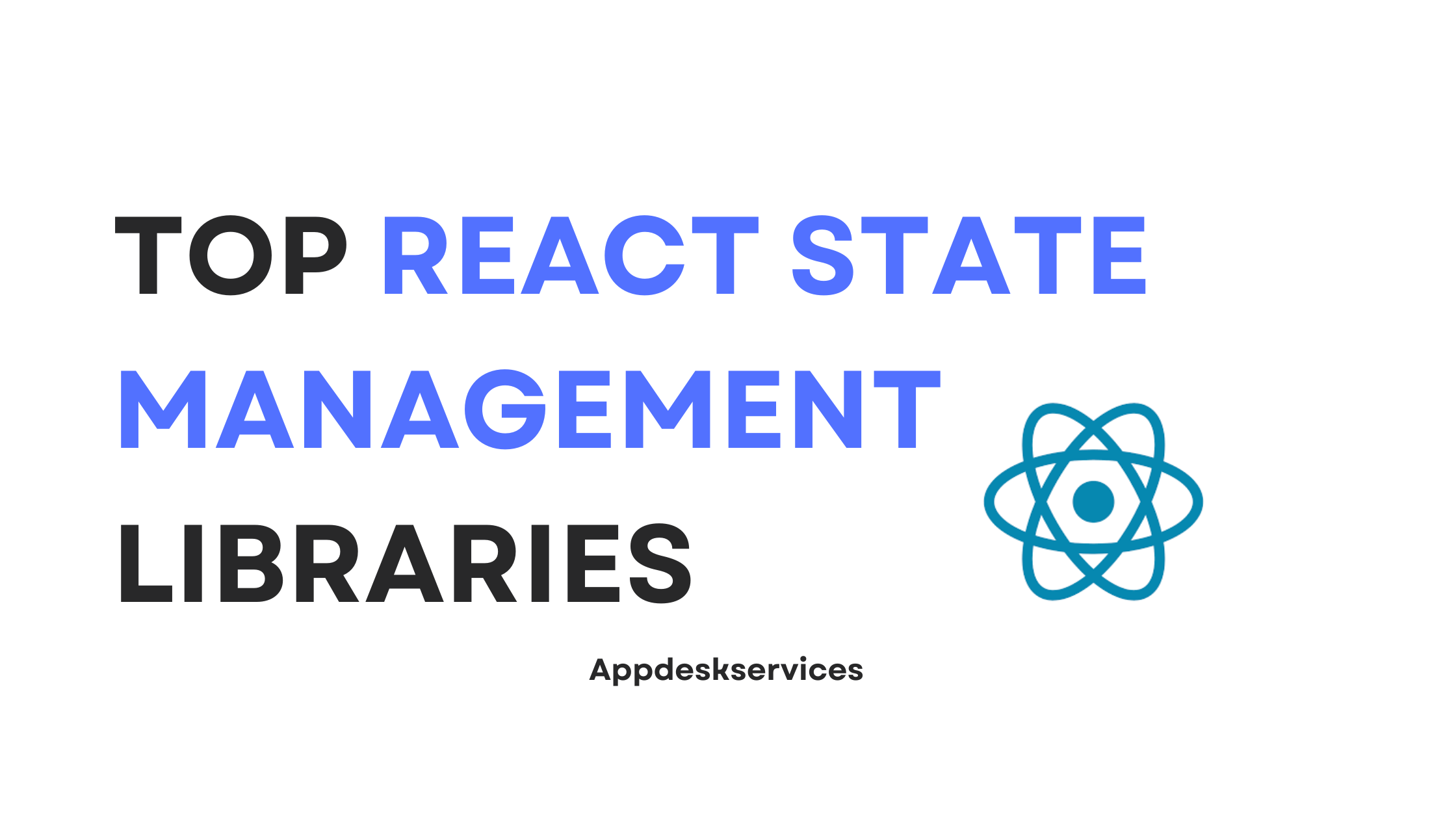In the vast realm of systems programming, two languages have recently been at the forefront of discussions: Rust and C++. While C++ has been a stalwart in this domain for decades, Rust has emerged as a promising contender, challenging established norms and introducing innovative paradigms. This comparison between Rust and C++ is not just a technical evaluation but also a reflection of the evolving needs and challenges of modern software development.
Rust and C++ have emerged as two of the most discussed languages in systems programming. Both are designed for high performance, but they approach development from different angles. Let’s delve into their similarities and differences and how they stack against each other.
Similarities and Differences
Similarities:
- Systems Programming: Both languages are tailored for systems programming, allowing for close-to-the-metal performance.
- Manual Memory Management: Rust and C++ give developers control over memory allocation and deallocation.
- Rich Type Systems: Both languages offer strong, static typing, which aids in catching many errors at compile time.
Differences:
- Memory Safety: Rust’s primary design goal is memory safety without sacrificing performance. Its ownership and borrowing system ensures this. C++, while powerful, doesn’t have these built-in safety guarantees.
- Modern Syntax: Rust introduces a more modern syntax with features like pattern matching and type inference, making it more expressive in some cases.
- Standard Library: While C++ has a vast standard library, Rust is more minimalistic, relying on its package manager, Cargo, for extended functionality.
Performance:
Rust:

- Ownership and Borrowing: Rust’s unique feature is its ownership model. This ensures memory safety without a garbage collector. Variables have a single owner, and data can be borrowed under strict rules, preventing data races and null pointer dereferences.
- No Overhead: Rust’s safety guarantees come without runtime overhead, making it as fast as C++ in many scenarios.
C++:

- Direct Memory Control: C++ gives developers granular control over memory, which can lead to highly optimized code. However, this also opens the door to memory leaks and pointer errors if not managed correctly.
- Optimization: With decades of development, C++ compilers like GCC and Clang have mature optimizations, allowing for highly performant code.
Community Support:
Rust:
- Active and Growing: Rust’s community is vibrant and rapidly growing. The annual Rust survey and the community’s active participation in forums like “users.rust-lang.org” are a testament to this.
- Cargo and Crates: Rust’s package manager, Cargo, and its package registry, Crates.io, have many libraries and tools, with more regularly added.
C++:
- Established and Vast: C++ has been around for decades, leading to a massive community and many resources, libraries, and tools.
- Multiple Forums: Sites like Stack Overflow and C++ forums have a wealth of knowledge, solutions, and discussions related to C++.
Ease of Use:
Rust:
- Steep Learning Curve: Rust’s ownership and borrowing system, while ensuring safety, can be challenging for newcomers.
- Helpful Compiler: Rust’s compiler, Rust C, is known for its helpful error messages, guiding developers in resolving issues.
C++:
- Complexity: C++ is vast, and its multiple paradigms can be overwhelming. Pointers, templates, and manual memory management can be challenging for beginners.
- Rich Tooling: With IDEs like Visual Studio and CLion, developers have powerful tools to aid in C++ development.
What is Rust?
Rust is a systems programming language that aims to provide memory safety, concurrency, and performance. It’s known for its innovative features that ensure safety without sacrificing speed. Let’s delve into its features, use cases, and core concepts.
Rust’s Features:
- Memory Safety without Garbage Collection: Rust provides memory safety guarantees without the need for a garbage collector. This is achieved through its unique ownership system.
- Concurrency: Rust’s ownership model also aids in making concurrent programming safer and more accessible, preventing data races by design.
- Zero-Cost Abstractions: Rust allows developers to write high-level code without incurring runtime penalties. The abstractions feel like a high-level language, but they run with the efficiency of low-level code.
- Modern Syntax: Rust incorporates features like pattern matching, type inference, and closures, making the code expressive.
- Integrated Toolchain: Rust ships with Cargo, its package manager and build tool, making it easy to manage dependencies, build projects, and share libraries.
- Immutable by Default: In Rust, all variables are immutable by default, promoting functional programming patterns and safer code.
Examples of Rust’s Use Cases:
- Web Development: With frameworks like Rocket and Actix, Rust is becoming a viable option for web backend development.
- Game Development: Rust’s performance characteristics make it suitable for game development, with engines like Amethyst providing the necessary tools.
- Embedded Systems: Rust’s no-runtime requirement and memory safety features make it a good choice for embedded systems programming.
- Operating Systems: Projects like Redox OS are exploring the feasibility of Rust in OS development.
- WebAssembly: Rust can be compiled to WebAssembly, allowing for high-performance web applications.
The Benefits of Rust
Rust is a modern programming language known for its unique features and benefits. Here are some of the key advantages of using Rust:
- Memory Safety: Rust’s ownership system and borrow checker ensure memory safety without relying on a garbage collector. This eliminates common programming errors like null pointer dereferences, buffer overflows, and data races, making code more reliable and secure.
- Concurrency without Data Races: Rust’s ownership model makes concurrent programming safer by preventing data races. It enforces strict rules on how multiple threads can access and modify data, reducing the risk of bugs and improving parallelism.
- Performance: Rust is designed to offer performance similar to C and C++, making it suitable for system-level programming, game development, and other performance-critical applications. Zero-cost abstractions and fine-grained control over memory contribute to its high performance.
- Modern Syntax: Rust features a modern and expressive syntax, making it more readable and maintainable than some older systems programming languages. It includes features like pattern matching, type inference, and closures.
- Cargo Package Manager: Rust comes with Cargo, a powerful package manager and build tool. Cargo simplifies dependency management, project building, and distribution of Rust packages, streamlining the development process.
- Active Community: Rust has a growing and enthusiastic community of developers who actively contribute to its ecosystem. This community support includes a wide range of libraries and frameworks, making it easier to find solutions for various tasks.
- Cross-Platform Compatibility: Rust can be compiled to various target platforms, making it suitable for cross-platform development. This flexibility is valuable for creating applications that run on multiple operating systems.
- Safety and Reliability: Rust’s focus on safety extends to features like exhaustive pattern matching, result types, and option types, which help developers write robust and error-resistant code.
Disadvantages of Rust
Despite its many advantages, Rust also has some disadvantages and challenges:
- Learning Curve: Rust’s ownership and borrowing system can be challenging for newcomers. It requires developers to adopt a different mindset than languages with garbage collection, and there can be a steep learning curve.
- Verbose Syntax: Some developers find Rust’s syntax more verbose than languages like Python or JavaScript. This verbosity can make code appear more complex, especially for simple tasks.
- Limited Legacy Code Integration: Integrating Rust into existing codebases written in other languages, especially C and C++, can be challenging, although improvements are being made in this area.
- Smaller Ecosystem: While Rust’s ecosystem is growing rapidly, it may not have as many libraries and tools as more established languages like Python or Java. This can result in the need to write more code from scratch.
- Build Times: Large and complex Rust projects can have longer build times compared to some other languages, which can be a minor inconvenience during development.
- Less Mature Tooling: While Rust has robust tooling, some features and IDE support may not be as mature as those for more established languages.
- Lack of Garbage Collection: While the absence of a garbage collector is a benefit in terms of performance, it also means that developers need to be diligent in managing memory, which can lead to occasional memory-related issues.
What is C++?
C++ is a general-purpose programming language that extends the C programming language with features like classes and objects, making it one of the first and most influential object-oriented languages. Created by Bjarne Stroustrup in 1985, C++ has since become a cornerstone in software development.
C++’s Features:
- Object-Oriented Programming (OOP): C++ introduced classes, inheritance, polymorphism, and encapsulation, foundational concepts of OOP.
- Low-Level Memory Manipulation: Like C, C++ allows for direct memory manipulation using pointers, giving developers a high degree of control over computer resources.
- Standard Template Library (STL): A powerful set of C++ template classes to provide general-purpose classes and functions with templates that implement many popular and commonly used algorithms and data structures like vectors, lists, and queues.
- Overloading: C++ supports function overloading and operator overloading, allowing functions or operators to have different meanings based on their context.
- Performance: With its ability to write close-to-the-metal code, C++ is known for its performance and is often the language of choice for performance-critical applications.
- Compatibility with C: C++ is nearly a superset of C, making it compatible with most C code.
Examples of C++’s Use Cases:
- Game Development: Many high-end games and game engines, like Unreal Engine, are written in C++ due to its performance capabilities.
- Operating Systems: Major operating systems, including parts of Windows, macOS, and Linux, have components written in C++.
- Embedded Systems: C++ is used in firmware and embedded systems development due to its low-level memory manipulation capabilities.
- Financial Systems: High-frequency trading platforms and simulations often use C++ for its speed.
- Graphics and Simulation: Software like Autodesk’s products and simulation tools often rely on C++ for performance-intensive tasks.
The Benefits of C++
C++ is a widely used programming language known for its versatility and performance. Here are some of the key benefits of using C++:
- Powerful and Versatile: C++ allows developers to write high-level and low-level code. It supports multiple programming paradigms, including procedural, object-oriented, and generic programming, making it suitable for various applications.
- Performance: C++ offers fine-grained control over memory and system resources, allowing for highly optimized code. It is commonly used in performance-critical applications such as game development, real-time simulations, and embedded systems.
- Object-Oriented Programming (OOP): C++ was one of the first languages to introduce OOP concepts like classes, objects, inheritance, and polymorphism. This makes it suitable for designing complex, reusable software components.
- Standard Template Library (STL): C++ includes the STL, which provides a collection of powerful template classes and functions for common data structures and algorithms. This library simplifies development and accelerates coding tasks.
- Compatibility with C: C++ is nearly a superset of C, allowing seamless integration with existing C codebases. Developers can leverage C libraries and code while taking advantage of C++ features.
- Rich Ecosystem: C++ has a mature and extensive ecosystem, including many libraries, frameworks, and tools. This makes it easier to find solutions for various development needs.
- Cross-Platform Development: C++ can be used for cross-platform development, with compilers and libraries available for multiple operating systems. This enables developers to write code that can run on different platforms with minimal modifications.
Disadvantages of C++
While C++ offers many advantages, it also has some disadvantages and challenges:
- Complexity: C++ is a complex language with numerous features and concepts. Its extensive capabilities can make it challenging for beginners to learn and use effectively.
- Memory Management: C++ places the responsibility of memory management on the developer. This can lead to memory leaks, dangling pointers, and buffer overflows if not handled carefully.
- Safety Concerns: C++ prioritizes flexibility and performance over safety. As a result, it is more susceptible to certain types of programming errors, including null pointer dereferences and data corruption.
- Verbose Syntax: C++ code can be more verbose compared to some modern programming languages. This verbosity can make code harder to read and maintain, especially for complex projects.
- Lack of Modern Language Features: While C++ has evolved over the years, it still lacks some of the modern language features and conveniences found in newer languages like Rust, Python, or JavaScript.
- Compiler Variability: Different C++ compilers may interpret code differently, leading to portability issues. Developers may need to adjust code to work with different compilers and platforms.
- Limited Standardization: While C++ has an official ISO standard, the language’s complexity has led to variations in how different compilers implement features. This can result in non-standard behavior in some cases.
FAQS
- What is the main difference between Rust and C++?
- Rust focuses on memory safety and concurrency with its ownership system, while C++ offers fine-grained control over memory and is known for its performance.
- Rust focuses on memory safety and concurrency with its ownership system, while C++ offers fine-grained control over memory and is known for its performance.
- Which language, Rust or C++, is better for system-level programming?
- Rust and C++ are suitable for system-level programming, but the choice depends on the project’s specific requirements and the developer’s familiarity with the languages.
- Rust and C++ are suitable for system-level programming, but the choice depends on the project’s specific requirements and the developer’s familiarity with the languages.
- Is Rust more secure than C++?
- Rust’s ownership system makes it less prone to security vulnerabilities like buffer overflows and null pointer dereferences. However, C++ can be secure when used correctly.
- Rust’s ownership system makes it less prone to security vulnerabilities like buffer overflows and null pointer dereferences. However, C++ can be secure when used correctly.
- Which language has a larger community and ecosystem, Rust or C++?
- C++ has a larger and more mature ecosystem due to its longer history, while Rust’s community is growing rapidly with a focus on modern development practices.
- C++ has a larger and more mature ecosystem due to its longer history, while Rust’s community is growing rapidly with a focus on modern development practices.
- Is Rust a suitable replacement for C++ in all cases?
- While Rust offers many benefits, it may not replace C++ in all cases, especially for projects heavily reliant on existing C++ code or specific C++ features.













